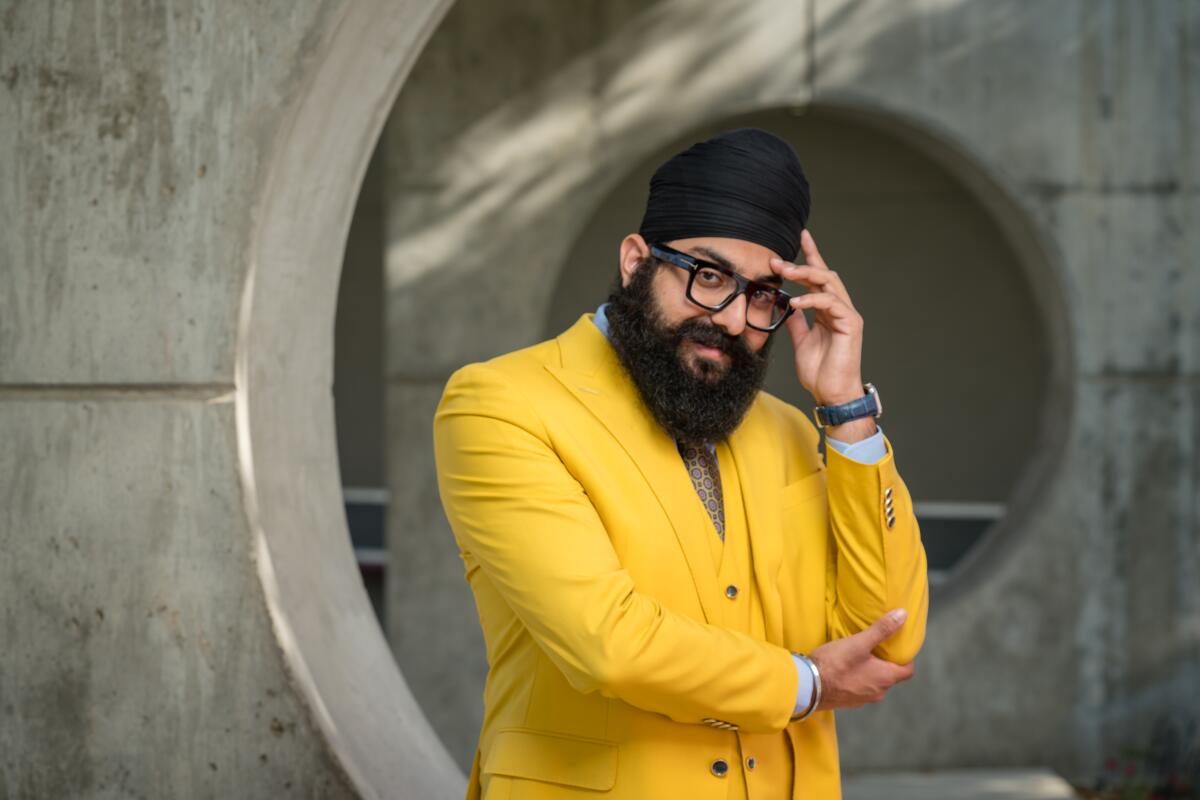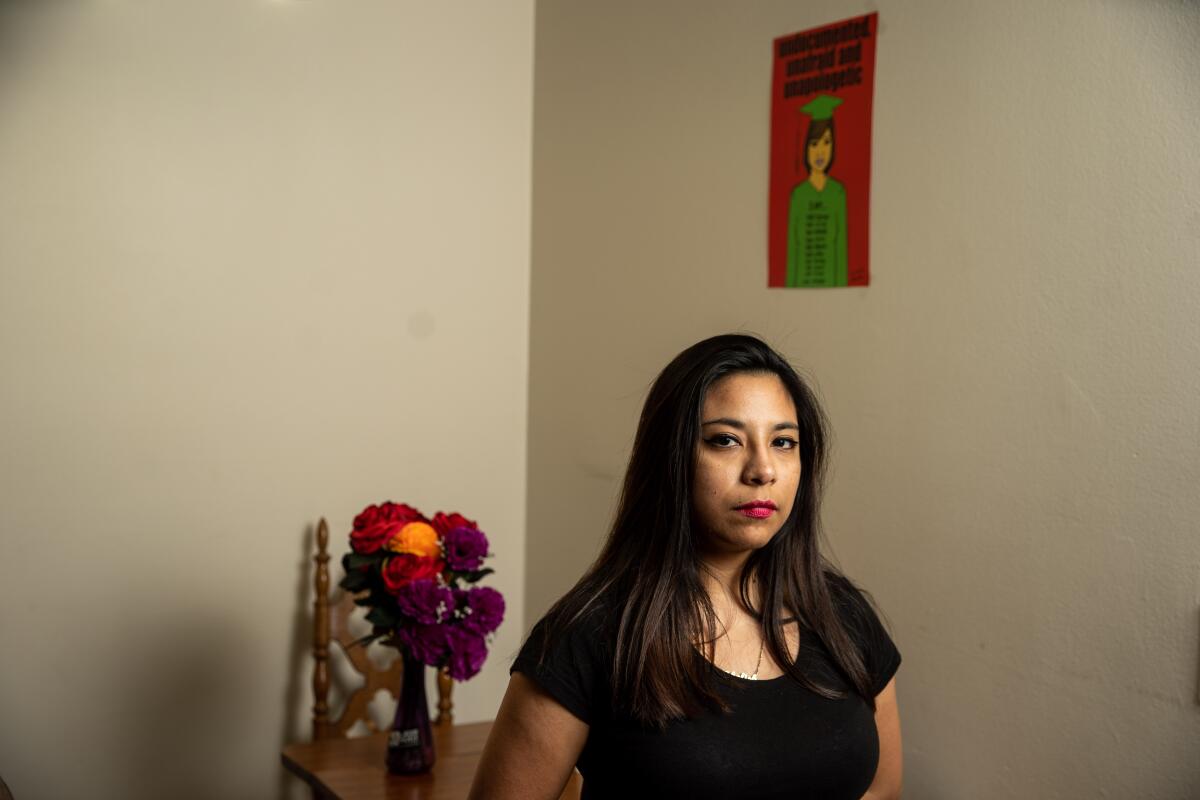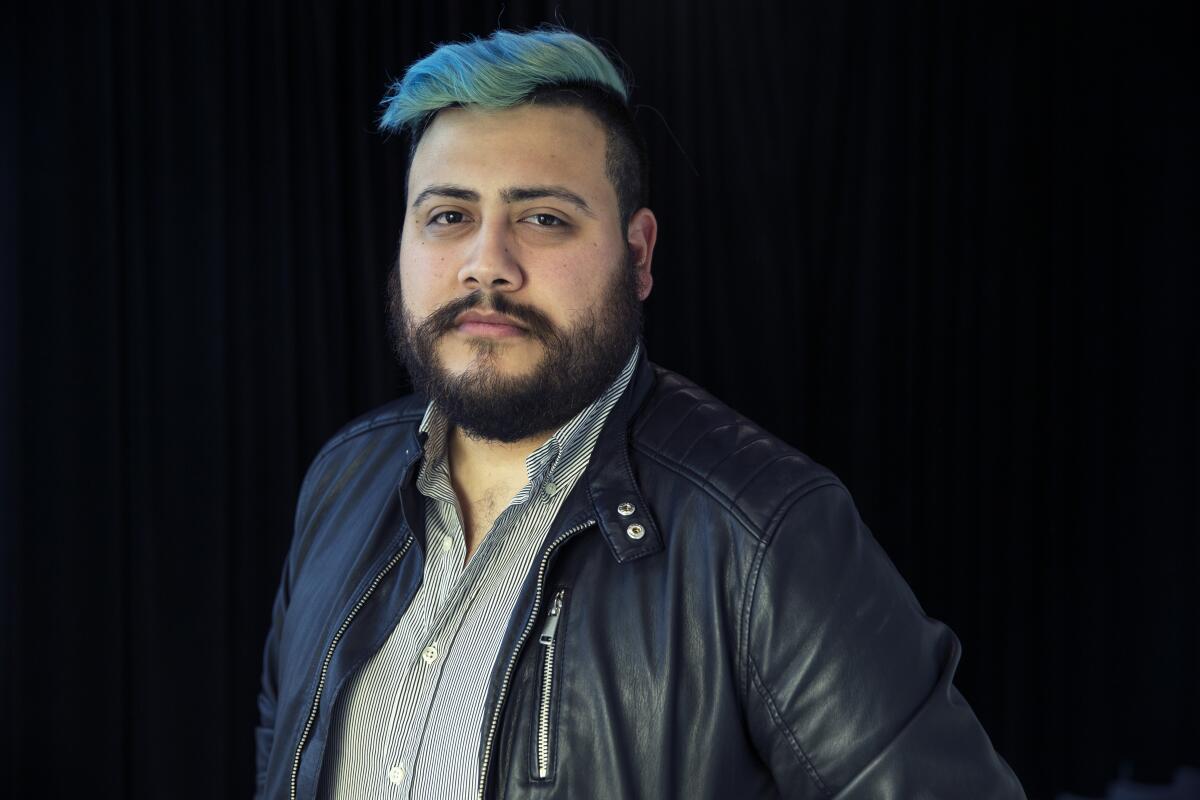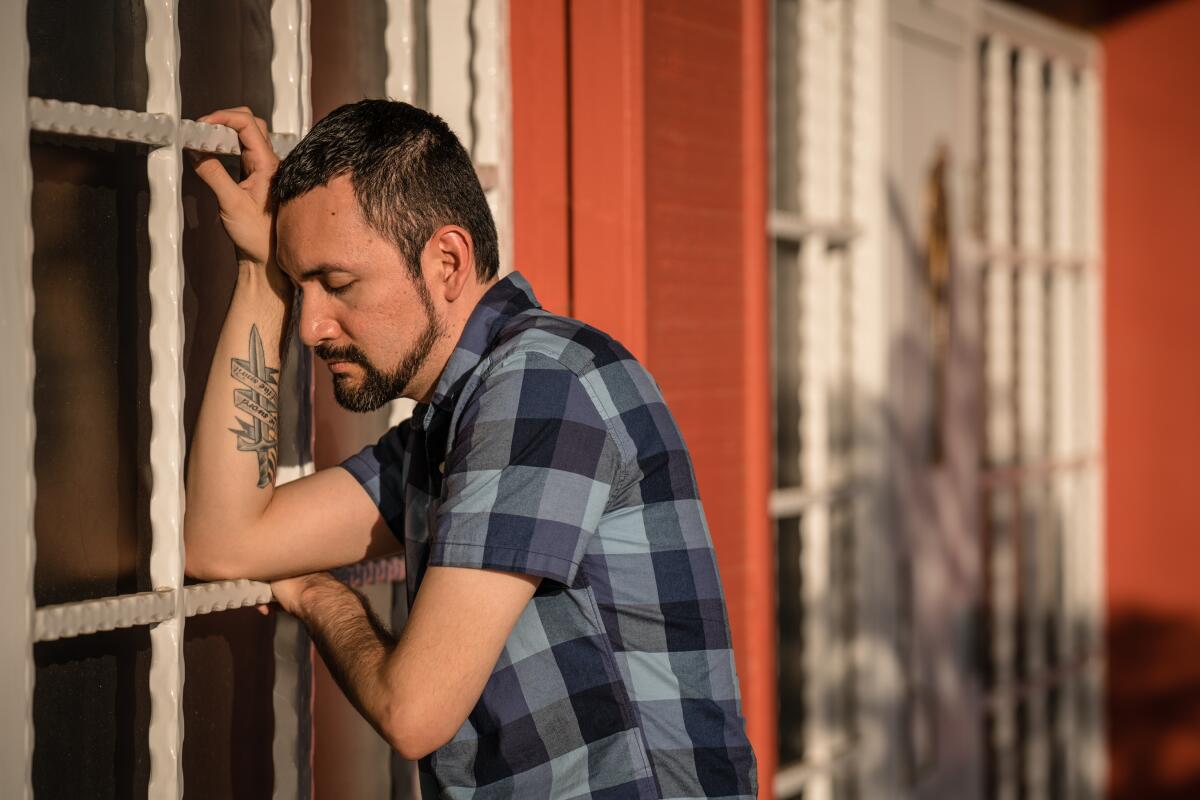Sign up for Essential California
The most important California stories and recommendations in your inbox every morning.
You may occasionally receive promotional content from the Los Angeles Times.
Cindy Carcamo is a staff writer in Food for the Los Angeles Times. She most recently covered immigration issues as a Metro reporter and, before that, served as Arizona bureau chief and national correspondent in the Southwest. A Los Angeles native, she has reported in Argentina, Guatemala, Honduras and Mexico, and is a former staff writer at the Orange County Register.
Andrea Castillo covers immigration. Before joining the Los Angeles Times, she covered immigrant, ethnic and LGBTQ+ communities for the Fresno Bee. She got her start at the Oregonian in Portland. A native of Seattle, she’s been making her way down the West Coast since her graduation from Washington State University.
Teresa Watanabe covers education for the Los Angeles Times. Since joining the Times in 1989, she has covered immigration, ethnic communities, religion, Pacific Rim business and served as Tokyo correspondent and bureau chief. She also covered Asia, national affairs and state government for the San Jose Mercury News and wrote editorials for the Los Angeles Herald Examiner. A Seattle native, she graduated from USC in journalism and in East Asian languages and culture.
Follow Us
Sonali Kohli is a former Los Angeles Times reporter. A product of Southern California, she grew up in Diamond Bar and graduated from UCLA. She worked as a metro reporter for the Orange County Register and as a reporter covering education and diversity for Quartz before joining The Times in 2015.
















